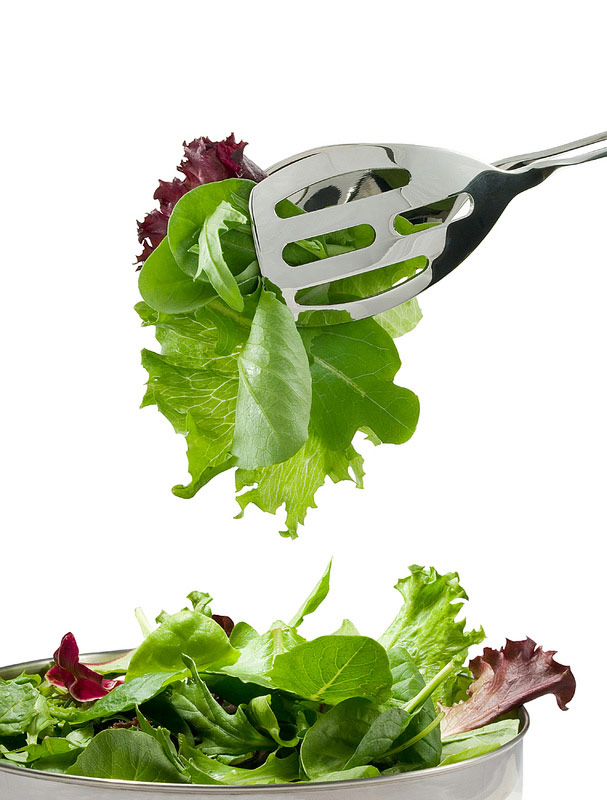Greenhouse Gas Makes Food Less Nutritious

Your baked potato may not be quite as nutritious by the end of the century, a new study suggests.
As carbon dioxide levels continue to accumulate in the atmosphere due to the use of fossil fuels, the increase could cause a decrease in the nutritional value of many key food crops, says Max Taub of Southwestern University in Texas, who analyzed more than 200 experiments conducted by other researchers.
The experiments looked at the effects of higher levels of the greenhouse gas on the protein amounts in barley, rice, wheat, soybean and potatoes, key food crops, especially in poorer countries, where residents rely on plants for the bulk of the protein in their diet.
Taub's analysis, detailed in the March issue of the journal Global Change Biology, found that when grown in elevated carbon dioxide levels, potatoes showed almost a 14 percent decrease in protein. Protein concentrations decreased by more than 15 percent in barley and almost 10 percent in wheat and rice. Soybeans had the smallest protein reduction at 1.4 percent.
"This is just one more example of the impact global changes could have on us," Taub said.
As carbon dioxide levels rise in the atmosphere, most plants accumulate more carbon in their tissues, Taub explained, which can reduce concentrations of other elements, such as nitrogen, a key component of proteins.
Taub says that the decrease in nitrogen could be partially overcome by using fertilizers that contain nitrogen, but that these can have negative environmental consequences of their own, particularly for nearby waterways. Another option would be to breed strains of grains that have higher protein concentrations under elevated carbon dioxide levels, he said.
Sign up for the Live Science daily newsletter now
Get the world’s most fascinating discoveries delivered straight to your inbox.
- Video: Goldilocks and the Greenhouse
- Top 10 Surprising Results of Global Warming
- Top 10 Good Food Gone Bad

Andrea Thompson is an associate editor at Scientific American, where she covers sustainability, energy and the environment. Prior to that, she was a senior writer covering climate science at Climate Central and a reporter and editor at Live Science, where she primarily covered Earth science and the environment. She holds a graduate degree in science health and environmental reporting from New York University, as well as a bachelor of science and and masters of science in atmospheric chemistry from the Georgia Institute of Technology.









